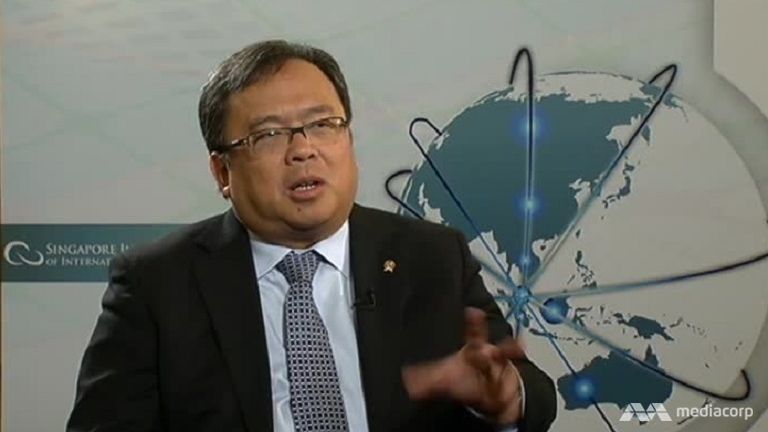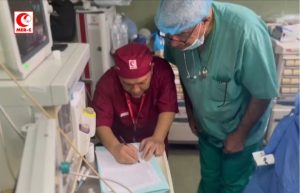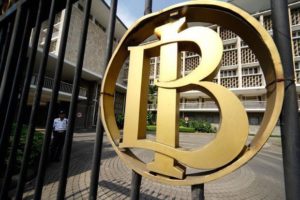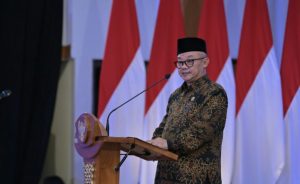Singapore, 22 Dzulqa’dah 1437/5 August 2016 (MINA) – An ambitious tax amnesty programme in Indonesia, expected to bring home hundreds of billions of dollars parked abroad is still new, and will take time for people to get used to, Indonesia’s National Development Planning Minister Bambang Brodjonegoro told Channel NewsAsia on Wednesday (Aug 24).
One month in, it has only raised US$3.2 billion, even though the immediate target is closer to around US$43 billion, according to the Ministry of Finance.
Mr Brodjonegoro said one possible way to repatriate money might be to target Indonesian companies currently registered in tax havens abroad. For instance, around 600 Indonesian companies have shelf companies registered in the British Virgin Islands.
The minister suggested making Bintan and Rempang local tax havens instead. “Rather than having SPV (special purpose vehicles) in some unknown areas, why not have it in Indonesia? And we will treat them as if they are in the British Virgin Islands, but in Indonesia.”
Also Read: Saudi Arabia Wins Bid to Host World Expo 2030
He said Indonesia’s government realised back in 2014 that commodity markets were on shaky ground, and set out to hatch a reform programme to diversify its economy. On that basis, he is confident the economy will keep growing.
The reform programme includes revitalisation of the manufacturing sector, which once contributed 50 per cent to GDP in the 1990s, but now contributes 20 per cent. Mr Brodjonegoro said that it was time “to come back to the idea of re-industrialising Indonesia”.
On President Joko Widodo’s campaign promise to boost infrastructure spending, Mr Brodjonegoro noted that 12 economic stimulus packages have been unveiled, with the aim of cutting red tape to make Indonesia “much more investor-friendly, especially (to) foreign investors”.
And as the Association of Southeast Asian Nations (ASEAN) charts its own course towards further integration, a “one-size-fits-all” approach may not be the magic potion, especially when looking back at the economic devastation following the European debt crisis, Mr Brodjonegoro indicated.
Also Read: 148 Products from Indonesia Promoted at Sarawat Superstore Jeddah
He said there was a lot to learn from Europe’s experience, particularly the Greek government debt crisis in the aftermath of the 2007-2008 financial crisis, and more recently, from the recent British vote to leave the European Union. “A single currency of ASEAN is clearly out of the picture,” he said.
Economy will keep going
Also Read: Packaging Industry Supports Halal Ecosystem
Mr Brodjonegoro is also confident the economy will keep growing. He said while it will be challenging for Indonesia to hit a growth target of 5.6 per cent for the second half, they have ways of getting there, including revitalising the manufacturing sector.
Within the last six months, Indonesian markets have rebounded substantially. The country’s benchmark Jakarta Stock Exchange has racked up close to 18 per cent gains since the start of the year, to become Southeast Asia’s top performing market.
While the rupiah is still under water this year by some 4.2 per cent, at around 13,200 to the US dollar, it has come a long way from last year’s trough at around 14,700.
The optimism in the capital markets has much to do about the optimism of the economy bottoming out in Q2, posting its strongest growth in two years (T/R07/R01)
Also Read: Indonesia-Japan Agree on Energy Transition Cooperation
Mi’raj Islamic News Agency (MINA)




































 Mina Indonesia
Mina Indonesia Mina Arabic
Mina Arabic